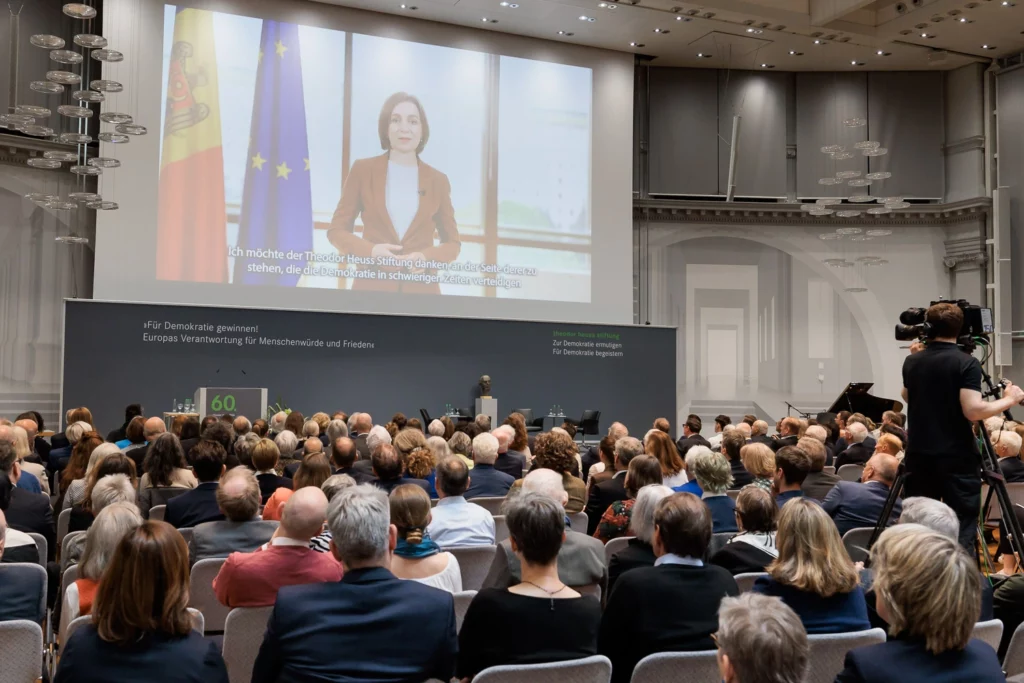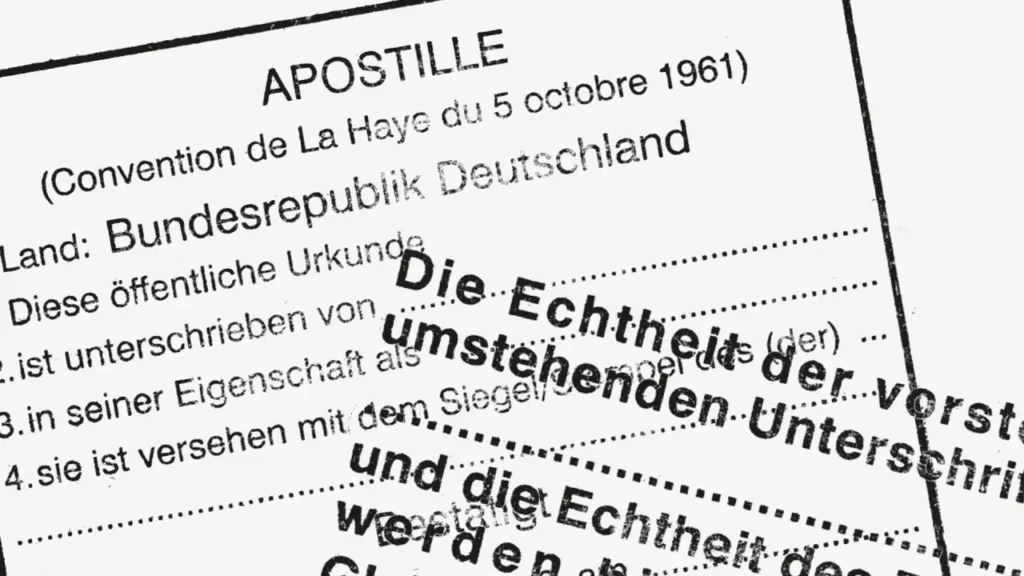
Stuttgart – In an increasingly globalized world, where people from different countries and cultures come together, the need for qualified language mediators in the healthcare sector is becoming more and more urgent. In Germany, where the number of migrants and refugees is constantly increasing, communication between doctors and patients is proving to be a significant challenge. The Baden-Württemberg Ministry of Social Affairs has recognized this problem and has taken an important step towards breaking down language barriers in the healthcare sector with a new funding programme.
Translated with www.DeepL.com/Translator (free version)
The funding program, which was launched in September 2024, aims to improve the skills of language mediators so that they can be deployed in hospitals, university clinics, youth welfare offices and other medical facilities. The program funds the training of interpreters in languages that are spoken in many African countries and are therefore in high demand. These include, among others, Fula, Tigrinya, Somali, Igbo, Edo, Yoruba, Pidgin English and Hausa. However, the number of certified interpreters with the required language skills is limited in Germany, which leads to problems in medical care
The availability of adequate language mediation is an essential prerequisite for appropriate medical care. In this regard, doctors and nurses repeatedly express the opinion that adequate treatment cannot be guaranteed without appropriate language mediation.
The funding program aims to close the existing gap and optimize language mediation in the healthcare system. To this end, both people with existing language skills in the relevant languages will be trained and new training programs will be created. This is to ensure that all patients – regardless of their native language – have access to high-quality medical care. This concerns not only volunteer interpreters but also full-time language mediators, who will both benefit from the funding.
Our company ReSartus, which specializes in providing interpreters for medical facilities, is very familiar with this issue. Every day, we provide interpreters for youth welfare offices, hospitals and university clinics, because a large proportion of patients do not have a sufficient proficiency in German. As a consequence, the language barrier means that treatment or consultation by doctors is not possible. This is not only a frustrating situation for the patients, but also carries the risk of compromising their health, for example if it results in misdiagnosis. According to Manfred Lucha, the Minister for Social Affairs, Health and Integration in Baden-Württemberg, there have even been cases in which “treatment was refused to patients without language skills and interpreters”. The new funding program is intended to counteract this.
The funding program of the Ministry of Social Affairs is an essential step towards improving health equality in Baden-Württemberg. The state government’s strategy of optimizing healthcare for immigrants and limited German skills is supported by the funding program.
Nevertheless, there is still a great need for action. The demand for qualified language mediators currently exceeds the available supply, and numerous hospitals are still faced with the challenge of overcoming language barriers in everyday clinical work. Therefore, the expansion of language mediator services should remain on the political agenda.
The funding program includes the option for institutions such as hospitals or youth welfare offices to participate in model projects beyond 2024 to develop a sustainable solution for language issues in healthcare. This would be a decisive step towards systematically reducing language barriers and improving patient care regardless of language background.
Considering that communication is often the decisive factor for the success of treatment in modern medicine, programs like this one are becoming more and more relevant. Hopefully, the implemented measures will not only lead to short-term improvements, but also to a long-term transformation of healthcare structures, thus enabling fairer and more accessible care.
Language barriers in the context of healthcare are not a new phenomenon, but they are becoming increasingly important in the context of current global developments. The funding program for language mediators in the healthcare sector is a welcome initiative, but it can only be seen as a first step towards a more comprehensive solution. Optimized intercultural communication can not only help to minimize medical risks, but also promote the integration of immigrants into society. It remains to be seen how effectively the program will be implemented and what long-term consequences will arise from it.

60th Theodor Heuss Prize


The invisible danger: digital translation fraud

Planned revision of the JVEG

Freelancer visa in the UAE

Emigration to Dubai

Cuts and restrictions – Interpreters and Translators in Crisis

Building bridges at the Wilhelm Bock Prize

Funding Programs for Language Mediators in Healthcare

Inclusion in Education: ReSartus Enables International Exchange

The Future of Remote Interpreting – Virtual Conferences


Industry-specific challenges in the translation industry

The Role of AI in the Translation Industry

Hiiios – The video interpreting service by ReSartus

Emigrating from Germany

ReSartus supports the 43rd Erlangen Poetry Festival

Preparations for the COP 28 World Climate Conference

60th Theodor Heuss Prize


